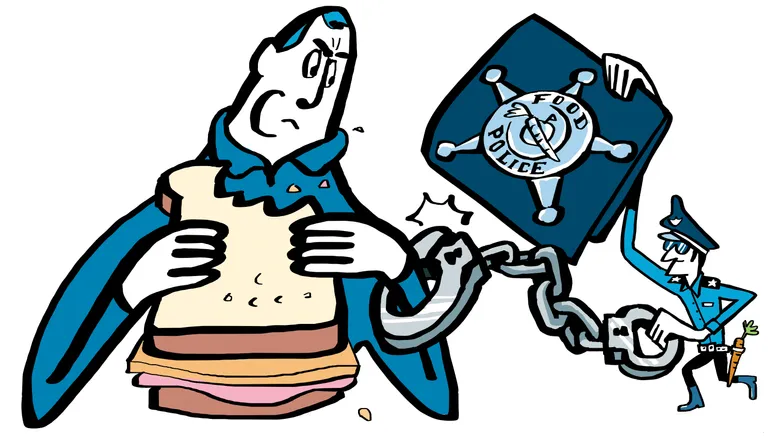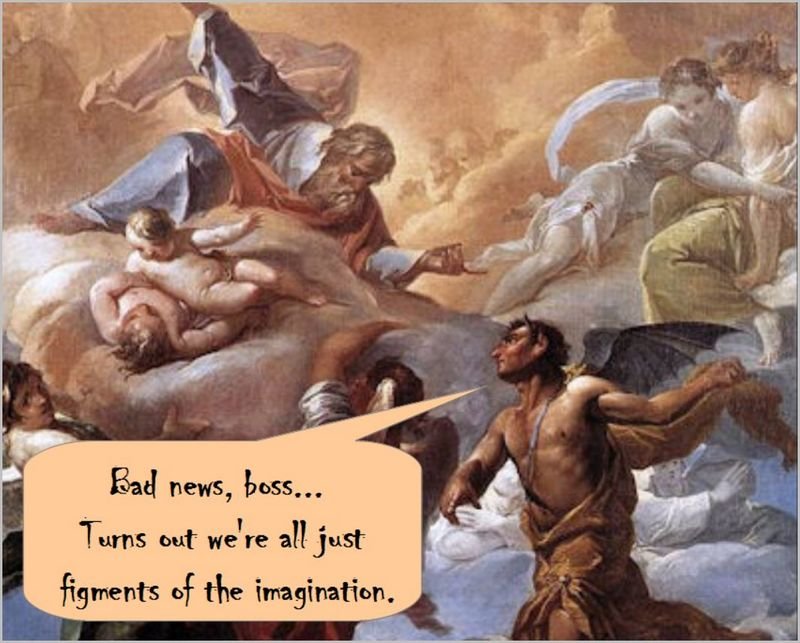
A guest post by Neil Robinson who blogs at Rejecting Jesus
I fell in among Christians when I was teenager. A friend – let’s call him Simon – thought it would be a good idea if we joined the YMCA. This was long before the organisation became synonymous with the Village People and hangin’ out with all the boys. The YMCA I encountered was markedly evangelical. Once we’d visited a few times we were ‘invited’ to one of their young people’s meetings. I can’t remember what snappy title these meetings went by, but essentially they were a mixture of worship, bible reading and ‘teaching’. Sometimes there’d be a guest speaker who would tell us all about their relationship with Jesus, which, in case we had any doubts, was just marvellous. Before long I was giving my life to Jesus too, though in the long run it turned out to be only a temporary loan.
Occasionally, one of these guest speakers would talk about relationships, those with other human beings, and sex. From them I learnt that sex was almost always wrong: sex before marriage, sex outside marriage, sex with yourself – all of them were sinful. Even imagining sex and fancying someone (which qualified as lust) were wrong too. Who knew? But the most sinful, wicked and sordid sex of all was sex with someone of the same sex.
I had already had a relationship with another young man, Sam, at school. It hadn’t seemed wicked or sinful at all; quite the opposite in fact. But these people, these Christians, seemed to know what they were talking about. And hadn’t I given my life to Jesus? He detested homosexuality, or God did anyway, so Jesus must’ve felt the same way (actually this was all in the present tense, Jesus being alive and monitoring us from Heaven and all; Jesus detests homosexuality, they’d tell us.) Sometimes they’d read verses from the bible that proved it.
And so I started to suppress my feelings. All things considered, a retreat to the back of the closet (not that I knew this terminology back then) seemed the best option. It was what Jesus wanted, or so I thought. I started to deny myself for him, as he insists his followers should (Matthew 16.24). I began a life of self-deception. Which would’ve been fine, except it’s impossible to live a lie in isolation. Others invariably become involved.
Once Born Again™, I’d become involved with a local church, where my friend Simon took it upon himself to play Cupid, fixing me up with Jane. I was more than a little surprised a girl could be interested in me, but figured, in my flight from myself, that as she was interested, I should make the most of it. Sex wasn’t much of a problem: as good Christians, we may have played around a little, but we stayed away from what the church liked to call ‘pre-marital intercourse’.
It wasn’t long, though, before Jane wanted to marry – she really wanted to get married. I wasn’t so sure and told her about my escapades with Sam, adding of course that I had since renounced such sin. She said that as long as it never happened again, she had no problem with my past transgressions. I felt pretty sure it wouldn’t happen again. After all, Jesus and his Holy Spirit were taking care of my old nature.
So Jane and I married and over time had three children. While I was very much involved with their upbringing, I would often feel I was ‘letting the Lord down’. When, as happened on holiday once, a group of younger men came round a corner minus their shirts, I found myself instinctually admiring them. What self-crucifying shame I would feel after occasions like these. I would even confess such ‘sins’ to a senior work colleague, a devout and very genuine older lady. I’d spare her the details of how exactly I’d ‘let the Lord down’, of course; I could never have brought myself to say I’d been turned on by naked male torsos. But somewhere deep within me, I longed for intimacy and closeness with another man. I knew this was strictly forbidden so buried my desires deeper and deeper, suppressing and subjugating something vital about myself. I was on course, though I didn’t recognise it, to making myself ill. I was convinced that I was doing the right thing – for myself, for my marriage, and for God.
My marriage, however, was in trouble, for a whole host of largely unrelated reasons. This, together with pressures at work, where my boss’ affair with a female colleague was creating some serious problems, made me question whether God really cared. When I needed him most, petitioning him for the wisdom to deal with these problems, the heavens, as the scripture almost says, were as brass. God, it seemed, just wasn’t interested. Perhaps, I started to wonder, he wasn’t even there. Added to this was the internal pressure I was still subjecting myself to; the tension and stress of sublimating my true nature. I was deeply unhappy. While the situation at work was eventually ‘resolved’ (by my finding a better job), I had become chronically depressed and remained so for several years.
Very slowly, I came to the realisation that in becoming a Christian, I’d assumed a role that had led to me denying my real self and pretending I was something I wasn’t. I’d become convinced, by my church community, that God was doing a great work in me, sanctifying me and making me increasingly Christ-like. But the more I acted out the part, the less like my genuine self I had become. How could this have been right for me, or anyone, in terms of personal happiness and well-being? Adopting any ideology is to add a fake and unnecessary veneer to life that serves only to mask your true identity. Replacing who you are with a predetermined set of religious beliefs is mere play-acting. Denial is not a solution; embracing your self is.
Once I had reached my fifties and the children were grown, Jane and I separated. I had reached a point where I knew I could no longer keep suffocating my feelings; the mind is not designed to be a pressure cooker – something has to give. I started to accept, though not yet embrace, my innermost nature. The relief was immediate and tremendous. I felt I had found myself and I didn’t care that society might not particularly like what I had I found. I had to be me, and not the uptight, miserable person I had become by denying my essential self. I squared up to the exciting yet daunting prospect of starting over, and acknowledged that if I were to have a new relationship it would be with another man.
One day, walking home from work, I began entertaining the idea that there was no God. And just like that, a Damascene experience in reverse, the dominoes fell. If there was no God, there could be no Son of God and therefore no salvation plan, no being born again, no renewal of the mind, no supernatural, no heaven, no hell, no answered prayer. The scales fell from my eyes and everything started, finally, to make sense.
Over time, I came to like myself – imagine that! All I’d felt for most of my life, since the time at the YMCA, was self-hatred. That was what Christianity, what Jesus, had done for me. Arguably, it had also ensured, by keeping me firmly in the closet, that I hadn’t died prematurely during the AIDs crisis of the 1980s. Perhaps though I’m giving it too much credit.
I’m ‘out’ now, in every sense: to my wonderfully supportive children, to those who read my blog, and to friends who stuck by me. Match-maker Simon, he who suggested going to the YMCA all those years ago, cut me off more than a decade ago; as a born-again Christian, he regarded homosexuality as beyond the pale. His ‘principles’ meant more to him than our long-standing friendship. I still miss him, very much.
I don’t miss God. I have a sense of authenticity and my energy goes into living, not denial. I’ve become involved with the local LGBT Centre and I now live, thanks to Covid lockdowns, with a very nice man, my partner Dennis. I’m very happy and feel, at long last, I really know what life’s about.
Bruce Gerencser, 66, lives in rural Northwest Ohio with his wife of 45 years. He and his wife have six grown children and thirteen grandchildren. Bruce pastored Evangelical churches for twenty-five years in Ohio, Texas, and Michigan. Bruce left the ministry in 2005, and in 2008 he left Christianity. Bruce is now a humanist and an atheist.
Connect with me on social media:
Your comments are welcome and appreciated. All first-time comments are moderated. Please read the commenting rules before commenting.
You can email Bruce via the Contact Form.






